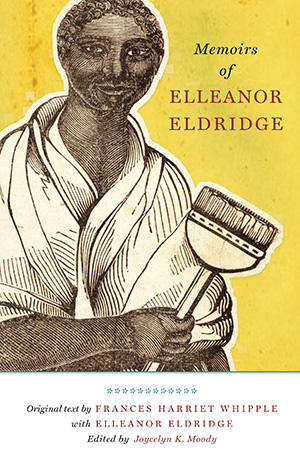Red, White, and Black: A Personal Essay on Interracial Marriage
Frontiers: A Journal of Women Studies
Volume 29, Numbers 2 & 3, 2008
pages 51-58
DOI: 10.1353/fro.0.0021
Jacki Thompson Rand, Professor of History; American Indian and Native Studies
University of Iowa
About a month before my father died, a long-held question spilled out of my ten-year-old mouth. “Daddy, why do you hate colored people so much and love Mama?” The silence that filled the kitchen where my mother was cooking blocked out the evening news blaring from the television. It was another nightly report about the blacks’ grim battle for freedom from racial segregation. The March on Washington and rise of black power had energized their struggle, making for significant advances, but the struggle continued. My father’s routine rants against the “coloreds” had unexpectedly pulled the naïve question from my throat where it had been lodged for some time. My mother began to cry. I looked up into his usually loving face and saw cold silent anger. Somehow, I had intuited that it would be this way. For the first time in my life I was sent to bed without supper and told to stay upstairs until morning. My parents never brought up our exchange and several weeks later my father died of a heart attack in front of me. Some forty years later I asked my mother if she recalled that event and she looked at me levelly, “Why, yes, I certainly do.” The cold indignation in her eyes and my silence formed an unspoken agreement that we would not revisit the incident that took place in the kitchen in early 1967. In the intervening decades, however, I had given it much thought, peeling away the layers of my confusion about my experiences in a racially mixed household where black, white, and red shaped our familial relations, individual identities, and confused interpretations of how race had come to define us.
In retrospect it seems that both race and color were at the center of our family relations. My mother’s darkness was the basis of a terrible insecurity that played out in her comments about her children and about other dark-skinned people. Simultaneously, my father’s open racism against blacks contradicted his seeming blindness to my mother’s insecurity-inducing darkness. I recall my father’s special song for my mother. “Portrait of my Love,” a syrupy popular tune suggesting that extraordinary beauty cannot be captured by the artist’s brush. Their romanticized fraught defiance of convention became swept up in the growing momentum of the civil rights movement. Historically invisible dark people filled television screens, as well as white-sheeted Klansmen, water cannons, billy clubs, and jeering white crowds. Under the circumstances, my mother’s insecurity about her darkness intensified. Events taking place outside our family charged the dynamics among us. We all became actors on her stage, which she directed relentlessly to buffer herself against a pervasive racism that could easily and frequently did sweep her up in the net of all denigrated colored peoples.
My parents’ relationship married my mother’s ever-present awareness of her dark skin to my father’s insecurities about his origins and driven desire to escape them. He sought membership in the American middle class and spent his life accumulating what he believed were the essential requirements: comportment, a steady job, children, a home, and car. My father’s near-obsession with “good manners” and appropriate appearances was most evident in our relationship. My little brother and ally was a mute, invisible actor throughout our time with both parents, while I received the bounty of attention due a Southern princess. My parents insisted on tightly controlling how I wore my hair and how I was clothed. Trained as an excellent, creative seamstress, my mother made many of my clothes. My occasional effort to follow a fashion trend—one year it was empire waist summer dresses—was usually quashed by my father. (“Jean, that thing makes her look pregnant. Take it back.” I was probably all of eight or nine.) White anklets and some version of Mary Janes rounded out my outfits. As the only girl in the family with two brothers I seemed an inescapable target of monitoring and molding into Southern perfection. My mother was uncharacteristically unquestioning and compliant in these matters.
My parents were a striking, charismatic pair. My mother is the daughter of…




